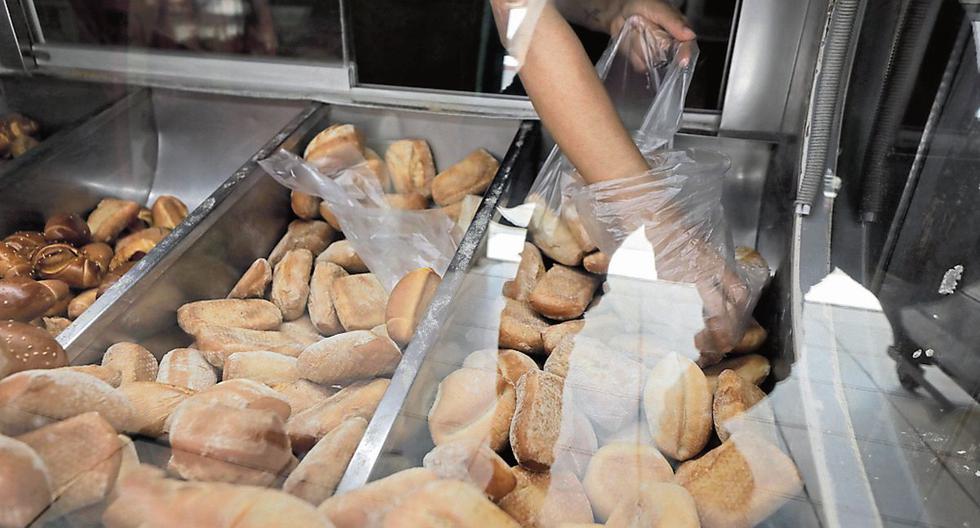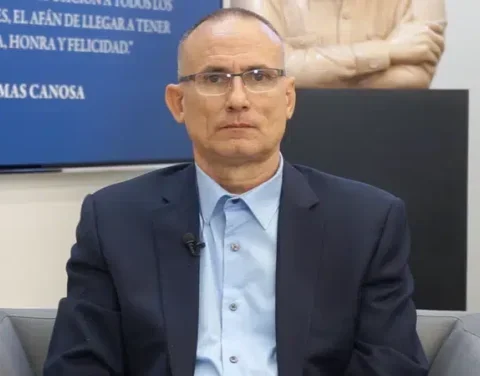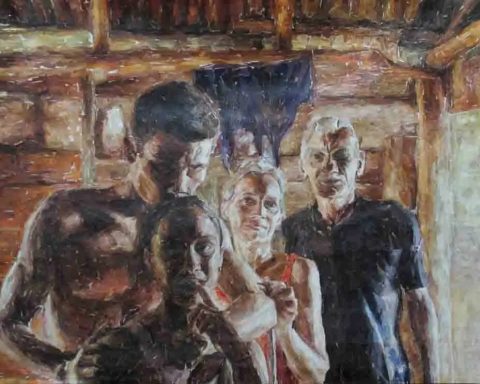Last Tuesday, Congress agreed to the observations of the Ministry of Economy and Finance (MEF), with which it was defined that the VAT exemption it would be for chicken meat, chicken eggs, sugar, noodles and bread. However, this decision would not have the expected impact.
The general manager of the Peruvian Institute of Economy, Diego Macera, indicated that prices would not drop because the autograph does not take into account the entire production chain.
“From the packaging or other inputs that are needed (for manufacturing) they will continue to pay the IGV and, therefore, this will be reflected in the final price,” he indicated in RPP.
The economist specified that, if an impact is observed in some formal sectors, it would not be the 18% that is paid for the tax.
The Peruvian Poultry Association (APA) explained that the exemption must be accompanied by the same measure or the refund of the tax paid on the goods and services used in its production.
“The norm as it is raised does not serve the purposes it pursues, of reducing consumer priceseven more so if live chicken is not included in the exemption, which is 90% of the chicken meat consumed in the country”, he indicated.
Something similar happens in the case of eggs. About, Pedro José de Zavala, from La Calera, also joined the questioning, for which the companies’ suppliers will continue to pay the VAT.
“The only way that it translates into the price (that the consumer pays) is for me to invoice the eggs or chicken without VAT and for the State to tell me ‘how much did you spend on VAT to pay your suppliers?’, I told him ‘so much’, and he gave me the money”, he explained.
The businessman recalled that, as a result of the Russian invasion of Ukrainethe value of essential inputs for its sector, such as corn and soybeans, doubled.
He also assured that, from July 2021 to February 2022, poultry farmers in Peru lost money “due to the overproduction of eggs.”
“There is a significant number of hens and producers that have disappeared because there has been no way to maintain that product. So now there aren’t as many eggs, so prices started to go up significantly,” he said.
Cost rising bread
For his part, Pío Pantoja, president of the Peruvian Association of Bakery and Pastry Entrepreneurs (Aspan), explained to Peru21 that in one year the production costs increased by 70%, for which he recommended that it be better to bet on the “bread bonus”.
“The bonus should be a subsidy provided by the State for people with fewer resources and only for them to buy bread,” he said, and questioned that the Executive did not talk with them before making a decision such as the VAT exemption.
Data:
The economist Juan José Marthans recalled that there is informality in the production and marketing chain.
“The exempted products are within that chain, and in that environment you don’t usually buy with an invoice or sell with a ticket. What IGV are we talking about?”, he questioned and considered that people with fewer resources will not benefit from this measure.

















